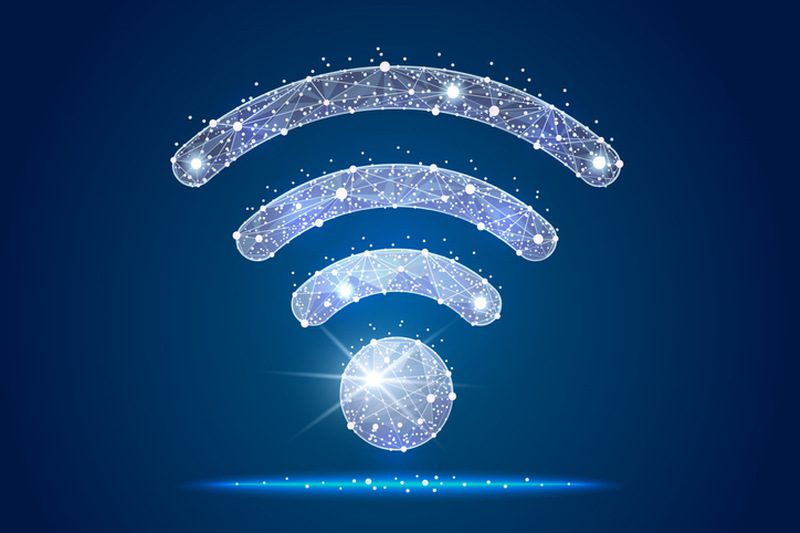4G vs WiFi – Which One Is Safer to Use?
Should I use 4G or WiFi for safe, secure Internet access? We live in a world where news about Internet scams, hacked bank accounts, and identity thefts are heard almost every day. We receive messages and warnings from various, trustworthy sources hoping to create awareness about ‘phishing’ and it’s almost as if the term “digital safety” is an oxymoron.
As more and more people come under the umbrella of the Internet and become dependent on it for work, entertainment, and carrying out monotonous tasks like paying bills and booking tickets etc., it is important to learn how to protect our data.

4G vs WiFi – Which One Is Safer to Use
Changing Internet Scenarios
With technological advancements, 2G has evolved to 3G and now to 4G Internet connections. We have the option of connecting to the internet over Wi-Fi as well, so which of these options is the safest?
Unfortunately, there is no 100% safe way to access the Internet. As Robert Morris, a cryptographer puts it “The three golden rules to ensure computer security are: do not own a computer; do not power it on; and do not use it.” This shows that internet is not really a safe place. But since not using it is not an option for any of us, let’s take a look at the paths to internet connectivity, that we have available to us.
4G vs WiFi – Let’s Compare
Cellular data such as a 4G connection – Connecting to the Internet through your mobile data provider via a 4G connection is more secure than public Wi-Fi as the data transmitted is encrypted. In many countries, mobile Internet is considered faster than traditional broadband.
Public Wi-Fi – Using public Wi-Fi or Wi-Fi that is available in hotels, airports, malls etc. is very dangerous and there is no guarantee that your data is safe. Public Wi-Fi requires no identification to connect to a network and although this is beneficial to the average person, it is also beneficial to a hacker. Cybercriminals are snooping around all the time and there is a high probability that they could be sniffing your data.
Anyone Can Become a Hacker
Hacking software is freely available online and anyone who knows where to look can find it. There is no special technology needed for hacking. Any Wi-Fi-enabled computer can be used by a hacker and they often use coffee shops, malls, and airports etc. as hunting grounds. A Wi-Fi connection like this allows a hacker to position himself between you and the connection terminal and thereby intercept all the emails you send along with your credit card information etc. These locations have hundreds of people connecting to the same Wi-Fi and if you are one of them, you could be at risk of compromising your data.
However, it is more complicated for a hacker to hack into your mobile phone. Again, it is not impossible and 3G and 4G data can be compromised too, but hacking a mobile network is difficult and involves the use of special technology and equipment and can be more expensive.
VPN – The Safest Solution
There are multiple threats to your data but there is only one good solution – Using a Virtual Private Network (VPN). A VPN lets you become anonymous on the Internet. With a VPN, all your traffic gets encrypted with high-level security, which is not easy to crack. It creates a secure tunnel for your data to pass through, with its source being almost impossible to trace. We’ve recently published a review of the best VPN service providers you can sign up with.
If all this sounds overwhelming just remember that private Wi-Fi connections or Wi-Fi networks that are available to a closed network (such as the one you find at home or in an office) are relatively safe. Such connections are password protected and can be used without much worry. When you are away from private Wi-Fi (when you are traveling), switch off your Wi-Fi and use your mobile network.
VPN Adds An Extra Layer of Safety
Use a VPN over the cellular network as this is your safest option and helps you beef up your security online thus keeping your data and passwords private and out of reach of hackers. Since a VPN encrypts the data that leaves your computer, it becomes difficult for hackers to break it. In fact, there are many VPNs that provide 256-bit encryption that is difficult even for government agencies to break. If you value your safety, make sure you get a VPN that offers high-grade protection regardless of whether you’re using 4G or WiFi for Internet access.





